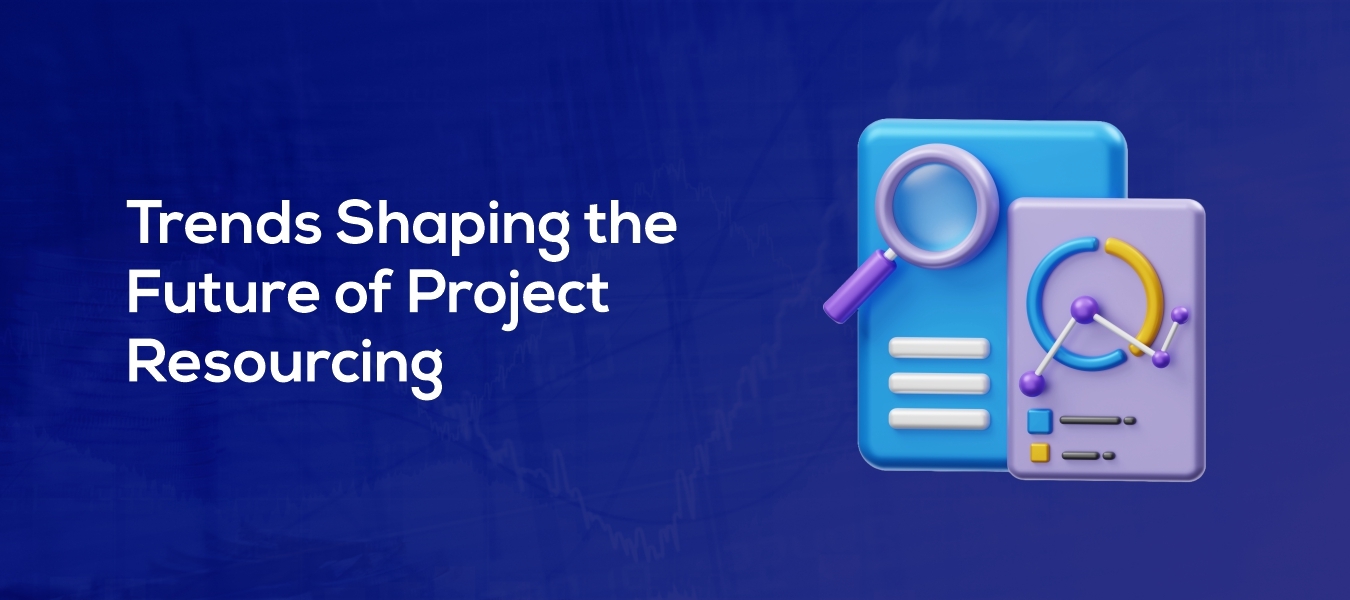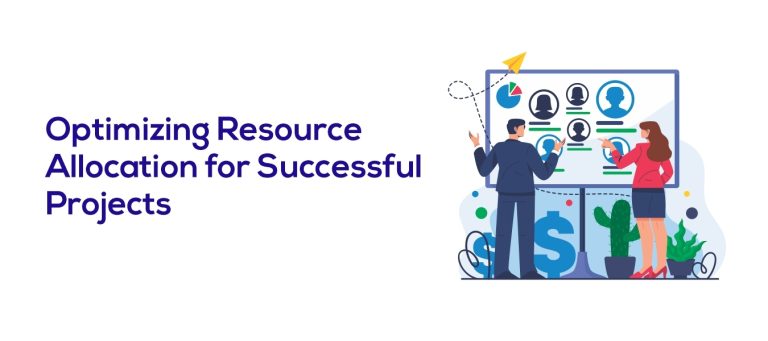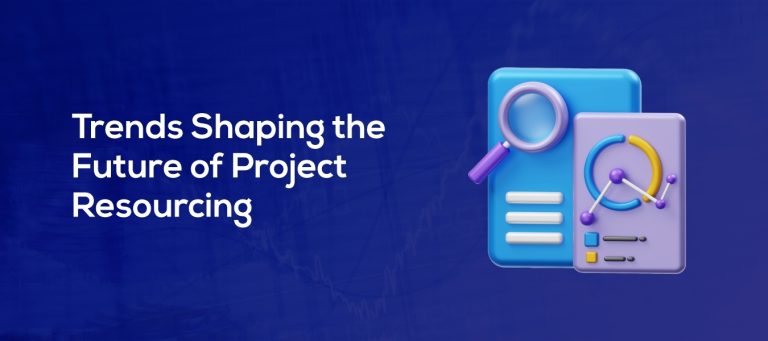Today anyone can sit confidently in their comfort zone and meticulously finalize their project’s timeline on a P.C. This makes it evident that the once considered unconventional has now become emblematic of the digital age. As industries undergo digital transformation, project resourcing stands as a pivotal element of successful project management. With the evolving nature of project management and the influx of new technologies, resourcing strategies are undergoing a significant transformation, emphasizing adaptability, efficiency, and innovation with a loud voice,
1. Remote Work and Distributed Teams
The digital age has ushered in a season of remote work, with a staggering 82% of company leaders planning to maintain remote work flexibility post-pandemic, as Gartner reported. This paradigm shift brings about both opportunities and challenges. On one hand, organizations benefit from a broader talent pool and increased flexibility. On the other hand, managing distributed teams introduces communication barriers and requires robust collaboration tools. Fortunately, advancements in technology, including cloud-based collaboration platforms and project management software, have facilitated effective remote project resourcing, ensuring seamless communication, collaboration, and project success across geographies.
2. Agile and Flexible Project Management
Agile methodologies have gained momentum in recent years, enabling teams to adapt to changes quickly and deliver value incrementally. As organizations increasingly adopt agile approaches, project resourcing strategies are evolving in tandem. Agile methodologies emphasize iterative planning and continuous feedback, allowing teams to allocate and reallocate resources dynamically based on project needs and requirements. This resourcing flexibility ensures optimal resource utilization, enhances team productivity, and drives project success. Adopting agile methodologies greatly promotes collaboration, and transparency and enables organizations to respond effectively to changing market dynamics and stakeholder expectations.
3. Data-Driven Decision Making
Data analytics is revolutionizing project resourcing, offering valuable insights into resource allocation, team performance, and project outcomes. Through advanced data analytics tools and technologies, organizations can allocate resources efficiently, optimize project budgets, and mitigate risks effectively. Data-driven decision making enables organizations to identify trends, anticipate challenges, and make informed resourcing decisions, thereby driving project success and delivering value to stakeholders. Tools like iCentra’s Project Resourcing solution harness the power of data to provide actionable insights, empowering organizations to make informed resourcing decisions, optimize project outcomes, and gain a competitive edge in the marketplace.
4. Skill Diversification and Upskilling
With projects becoming increasingly complex and multidisciplinary, there is a growing demand for diverse skills within project teams. Continuous learning, upskilling, and professional development are essential for project resourcing, ensuring teams remain competent, adaptable, and capable of meeting evolving project demands. Organizations can identify skill gaps, facilitate professional development through training programs, workshops, and mentorship, and foster a culture of learning and innovation. By investing in skill diversification and upskilling, organizations can build high-performing teams, drive project success, and achieve strategic objectives effectively.
5. Sustainability and Social Responsibility
The global focus on sustainability and social responsibility is reshaping project management practices and influencing project resourcing decisions. Organizations are integrating sustainability considerations into project resourcing strategies, aiming to minimize environmental impact, promote ethical practices, and create long-term value. Ethical and socially responsible resourcing enhances brand reputation, fosters stakeholder trust and loyalty, and drives sustainable growth and success. Using sustainable project management practices and prioritizing social responsibility, organizations can mitigate risks, capitalize on opportunities, and create shared value for stakeholders, communities, and the environment.
6. Automation and AI in Resourcing
Automation and artificial intelligence (AI) are transforming project resourcing, automating repetitive tasks, optimizing resource allocation, and forecasting future resource needs. AI-driven tools analyze historical data, identify patterns, and predict resource requirements, enabling organizations to make proactive resourcing decisions, optimize project outcomes, and improve operational efficiency. While AI offers numerous benefits, organizations must address challenges related to data privacy, ethical considerations, and AI readiness to successfully implement AI in resourcing. By embracing automation and AI-driven technologies, organizations can streamline resourcing processes, reduce manual efforts, and enhance decision-making capabilities, thereby gaining an edge and driving innovation.
As the Project Management industry continues to grow, accepting trends like remote work, agile methodologies, data-driven decision making, skill diversification, sustainability, and AI-driven automation becomes a no-brainer for organizations to stay competitive, drive project success, and achieve strategic objectives. How are you adapting your resourcing strategies to meet the demands of the future? Explore innovative solutions and stay ahead with iCentra’s Project Resourcing solution. Visit www.icentra.com to learn more.
Join the conversation and share your thoughts on the trends shaping the future of project resourcing. Stay updated with the latest developments in project management and resourcing by subscribing to our blog or newsletter at www.icentra.com.





